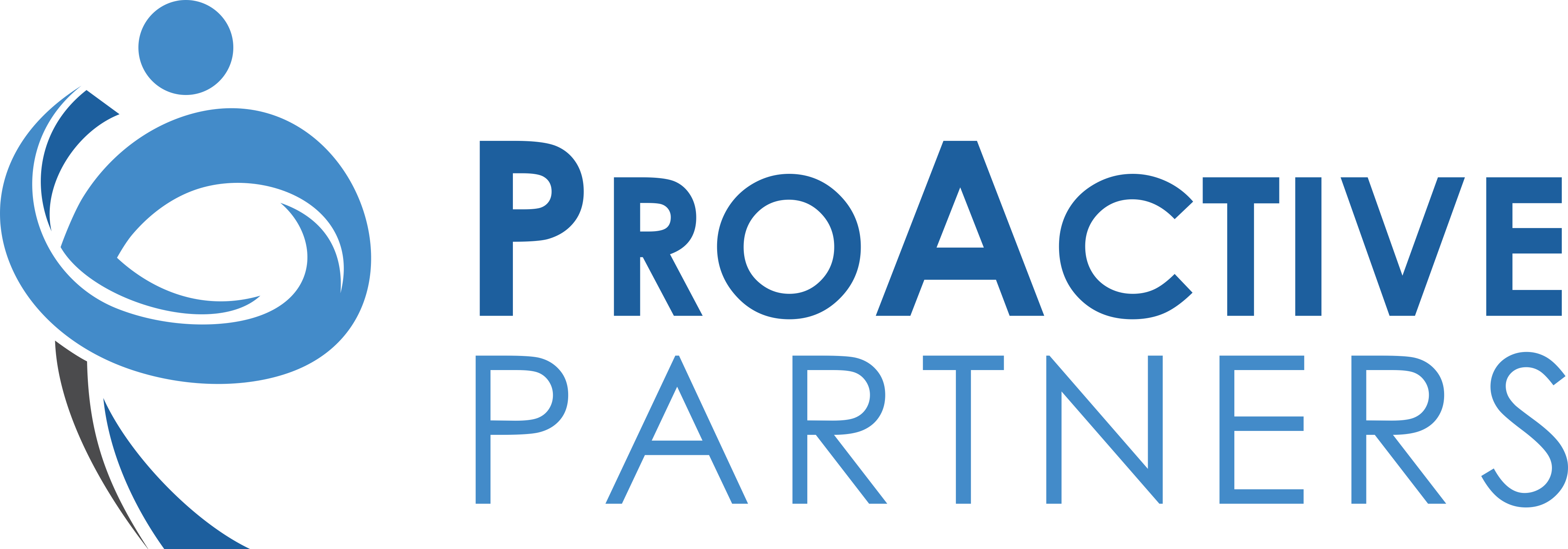Is ADHD making you less effective at work, causing or extending injuries? Recognized in 2013 by the DSM-5, for the first time adults can be diagnosed with ADHD. Harder to diagnose due to presentation, self-medication, and coping skills. While more subtle in adults we see dysfunctional behavior, it may manifest as inattention or impulsive behaviors or comments. ADHD may be a major factor for employers and occupational injuries. Non-compliance, missed visits, and an inability to follow through can stall progress and RTW. Here are the guidelines.
Predominantly Inattentive Presentation: you will often see failure to give close attention to details, careless mistakes, difficulty sustaining attention in tasks or even leisure activities. A person will seem to listen but not really hear what is said, can’t follow through with instructions, fail to finish projects or repairs, have trouble with organization of task and activities, avoid tasks that require sustained mental effort. An adult with ADHD may lose things like keys, books, and calendars necessary to function. They are easily distracted by extraneous stimuli and can be very forgetful.
Predominantly Hyperactive-Impulsive Presentation: you will see a person who is restless, fidgets, taps their feet or nails, squirms in their seat, leave their seat during a movie or meeting. ADHD adults have trouble engaging in quiet activities, are always on the go, talk too much, blurt out answers to half-asked questions. This adult has difficulty waiting in lines, collaborating in groups, interrupts and intrudes, and takes over what others are doing. Combined Presentation: has signs or symptoms from both categories.
Additional Criteria for ADHD specified in the DSM-5: onset before age 12, symptoms present in two or more situations like school & work, or home. The disorder causes clinically significant distress, impairment, issues with academic or occupational performance, and social impairment. Lastly the disorder does not occur in the course of other psychotic or personality disorders, or substance intoxication or withdrawal.
Diagnosis of an ADHD adult requires careful and detailed assessment using various tools, methods, testing and rating scales. A nurse case manager is vital to bring attention to this barrier, get the employee to commit to the plan of care, take medications, avoid missed visits, and do the HEP. Treatment can be very effective, facilitate RTW, and improve outcomes.
References: Nursing 2016 Magazine, Up To Date 2016. Bukstein O.
